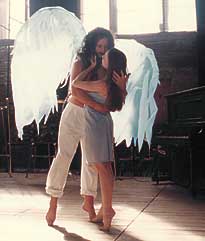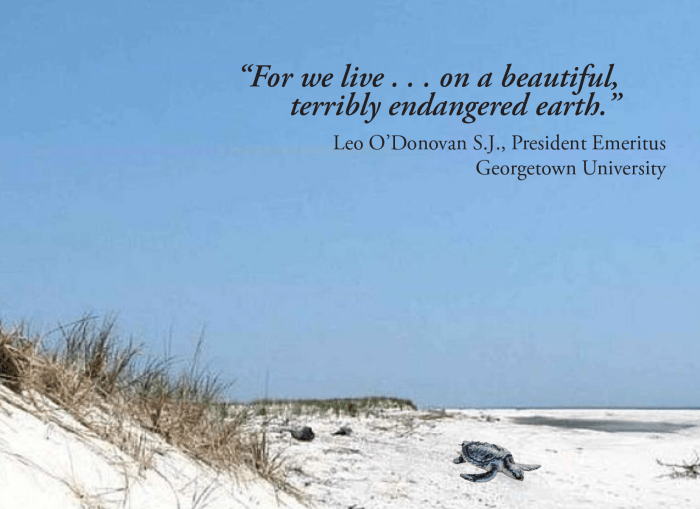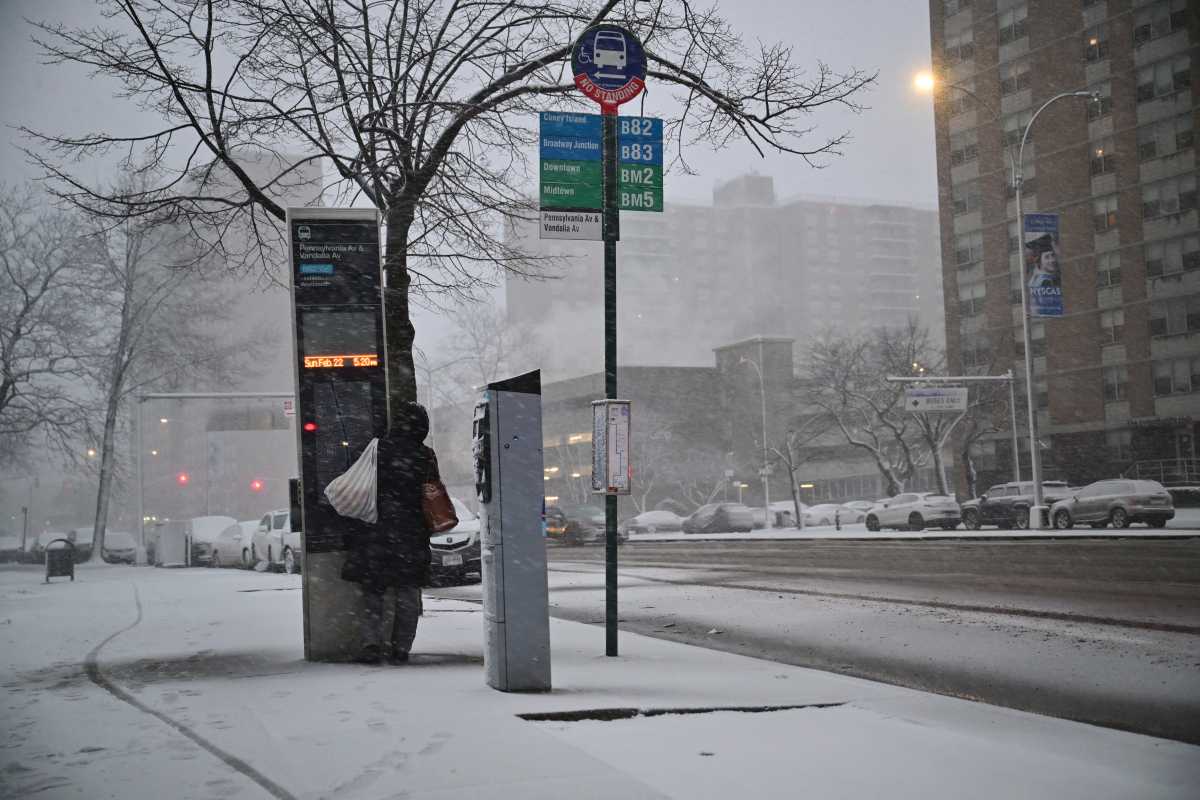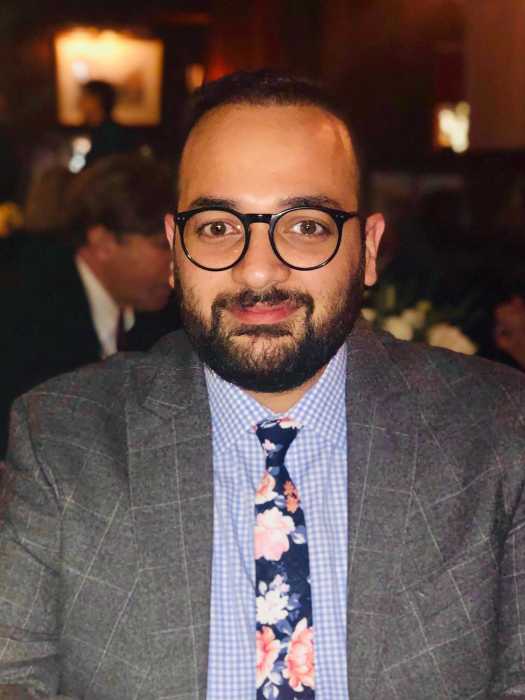It’s unlikely that when Oscar Wilde wrote
"Salome," at the end of the 19th century, he ever dreamed
his controversial play would one day be staged in the ruins of
a Brooklyn bathhouse. Yet the Brooklyn Lyceum, with its crumbling
walls and cavernous spaces, so evocative of the decadence and
decay of ancient Rome, has proved to be the perfect setting for
Reg Flowers’ musical adaptation of Wilde’s play.
"Salome" is based on the New Testament tale that appears
in the Gospel according to Mark. Salome is the daughter of Herodias
and Herod Philip. When her mother divorced Herod Philip and married
his brother, Herod Antipas, governor of Judea, the prophet John
the Baptist was imprisoned for denouncing the marriage as incestuous.
At Herod Antipas’ birthday feast, Salome so pleased her stepfather
(also her uncle) with her dancing that he promised to grant her
whatever she might ask, which at the urging of her mother, turned
out to be the head of John the Baptist on a platter.
For more than 1,000 years, artists have been fascinated with
the passion, the lust and the violence they saw, or imagined
they saw, in the story. But it wasn’t until the 19th century
that men of letters became equally beguiled by the dancing princess.
Heinrich Heine in "Alta Troll," Gustave Flaubert in
"Herodias" and Stephane Mallarme in "Herodiade"
all wrote about the bewitching maiden. Even an American, J.C.
Heywood, wrote a dramatic poem called "Salome," which
was reprinted by the London publisher Kegan Paul, and reviewed
by Wilde in the Pall Mall Gazette.
Wilde’s "Salome," however, is not the docile daughter
dutifully obeying her mother’s request. She is a woman who loves,
suffers and hates. She is not disturbed by her mother’s treachery,
her mother’s desire for vengeance or the condemnations of John
the Baptist. What tortures her are the black eyes and red lips
of John the Baptist, a man who scorns her love and denies her
lust.
Flowers has set his "Salome" in a warehouse in a desolate
section of a city and turned Herod into a drug lord surrounded
by sycophants. But, given the inventive and brilliant costuming
of Jennifer Johanos, who makes effective use of an eclectic assortment
of drapes, bows, bustles, bangles, tights and trains, the play
could really take place anywhere and anytime.
The director has also added original music he composed with Steve
Goldberger, Seryn Potter and New Clear Sky, and dances he choreographed
with Lavall Chichester, Amy Johnston, Laura Taylor and DJ McDonald.
There’s one show-stopping gospel number that’s worth the price
of admission all by itself.
Flowers, who is a member of the performing arts group Falconworks,
was just finishing up his solo off-off-Broadway piece "Curses,"
at the Westbeth Theatre Center in Manhattan and was looking for
a new venue when he discovered the Brooklyn Lyceum while walking
through his Park Slope neighborhood. At the Lyceum he met its
owner, Eric Richmond, who introduced him to director-choreographer
McDonald, another Park Slope resident and the founder of Vertices
Incorporated, a community-oriented dance-theater company.
Together, they decided that "Salome" would be an excellent
medium to engage the young people of the neighborhood and introduce
them to the theater. The 30-member cast of "Salome"
includes professional Equity actors performing alongside youngsters
who’ve never before been on stage. There are also local performance
artists, poets, musicians, rap artists and street performers.
The result is quite formidable.
Flowers is a skilled director who gets solid performances from
even the most raw amateur. From his professionals he demands
nothing less than perfection. Todd Anthony-Jackson is an electrifying
Herod Antipas who speaks in stentorian tones. Angela Bullock
is a formidable Herodias, who faces defeat with dignity and defiance.
Bianca Stauffer, a Salome chosen more for her dancing ability
than her experience as an actress, has neither the stature nor
the voice necessary for the role. Her Salome is childish, weak
and whining. One suspects this is not exactly what Wilde had
in mind, especially when you consider that he wrote the play
in French and the part of Salome for Sarah Bernhardt.
Nevertheless there’s something truly fascinating and theatrical
in watching such talented and experienced professionals as Jackson
and Bullock mentoring younger talent. In fact, it may be this
mixture of the novice and the professional that gives "Salome"
much of its energy. And then there’s Flowers’ magnificent staging
– the dance, the music, just the way he has his actors strut
across the stage.
"Salome" – written in France, banned in Britain – is
welcomed in Brooklyn.
"Salome" runs through Jan.
27, Thursday through Saturday at 8 pm, Sunday at 3 pm. Tickets
are $15. On Sunday, students with ID and seniors pay half-price
admission. The Brooklyn Lyceum is located at 227 Fourth Ave.
at President Street. For reservations, call (718) 857-4816.

























